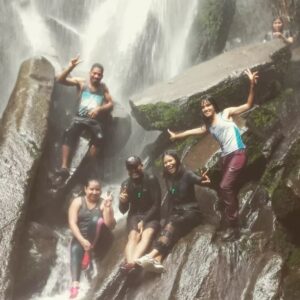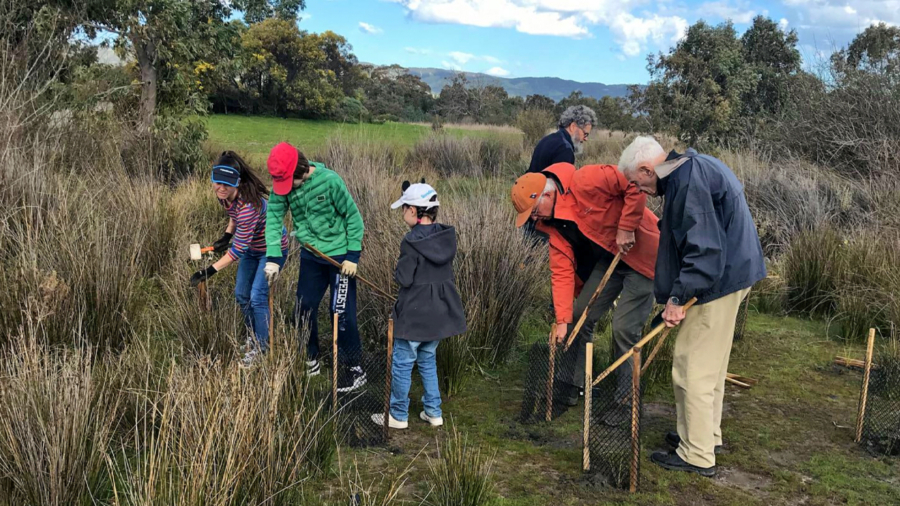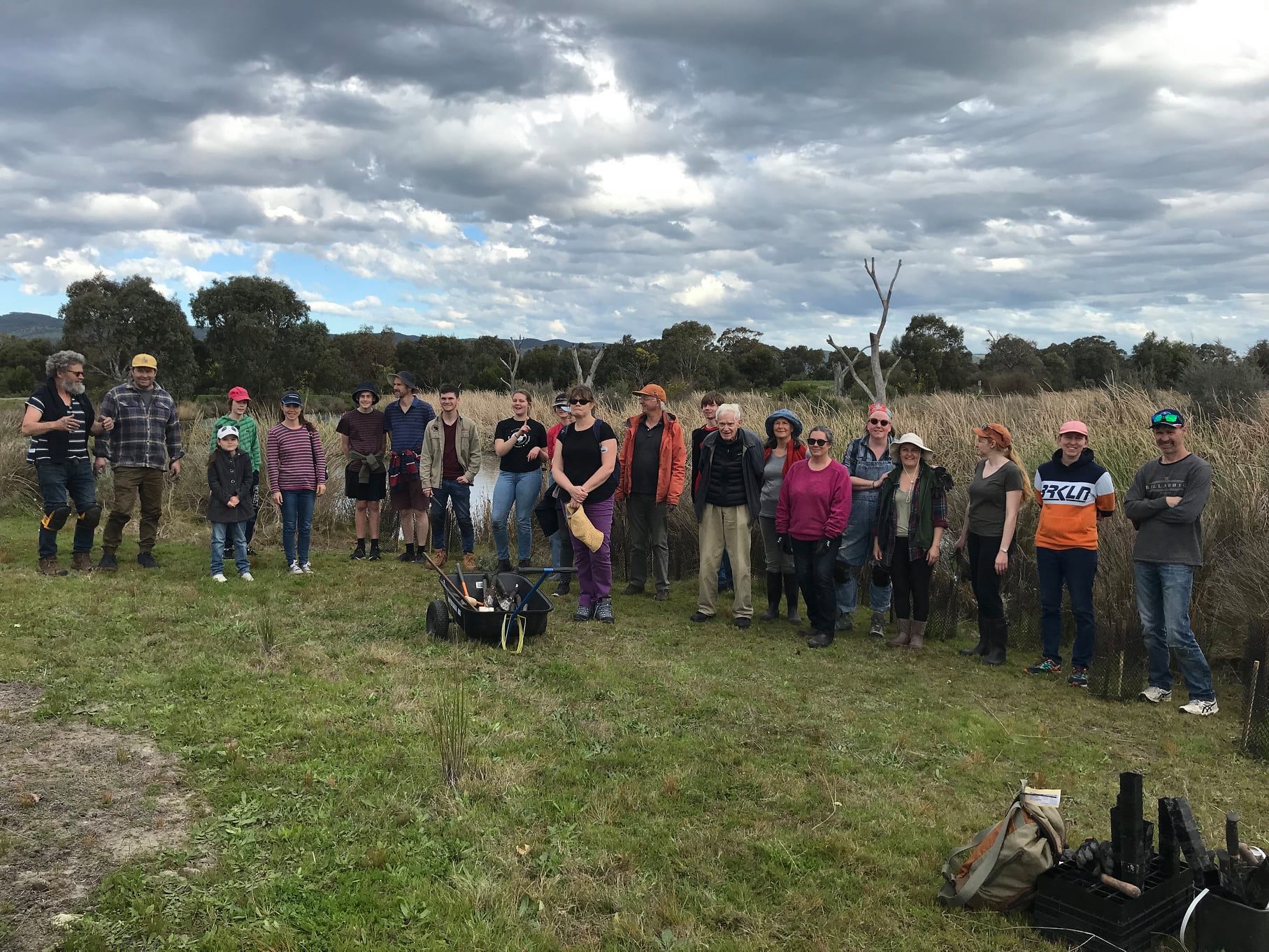We’re excited to announce the launch of a new initiative: a community of regular givers who are committed to seeing nature flourish. We’re calling it the ‘A Rocha Table’ and we’d love you to join!
Thanks to A Rocha’s fabulous supporters, we have been responding to the global crisis of biodiversity loss for nearly 40 years, and we believe it’s this long-term commitment to people and places that makes the difference. By setting up a regular donation to A Rocha International you can help be a part of this commitment to caring for our most vulnerable habitats, species and communities and help us make longer term plans with confidence.
We want to make sure you know how much your giving matters. Every six months, we’ll send you an issue of our ‘Table Talk’ emailing. It will contain highlights from the A Rocha Worldwide Family, invitations to exclusive online events and special discounts on A Rocha books and publications. We hope it will be a way for us to keep in touch with you better and help you feel more connected to A Rocha around the world.
We hope to see you at the Table soon!
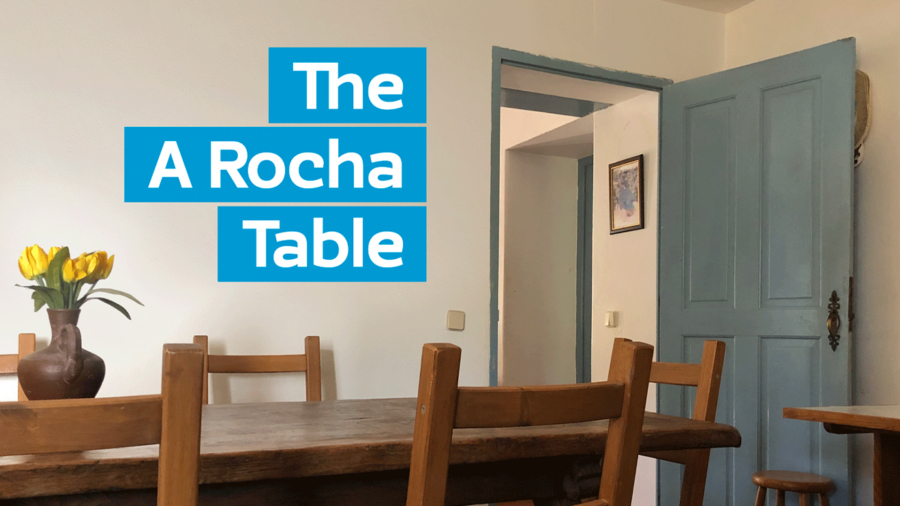
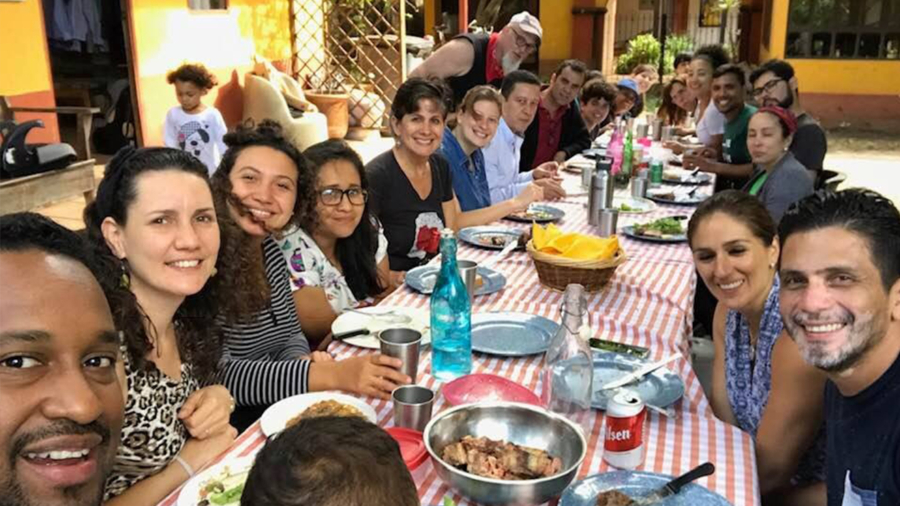
 Casa Adobe
Casa Adobe